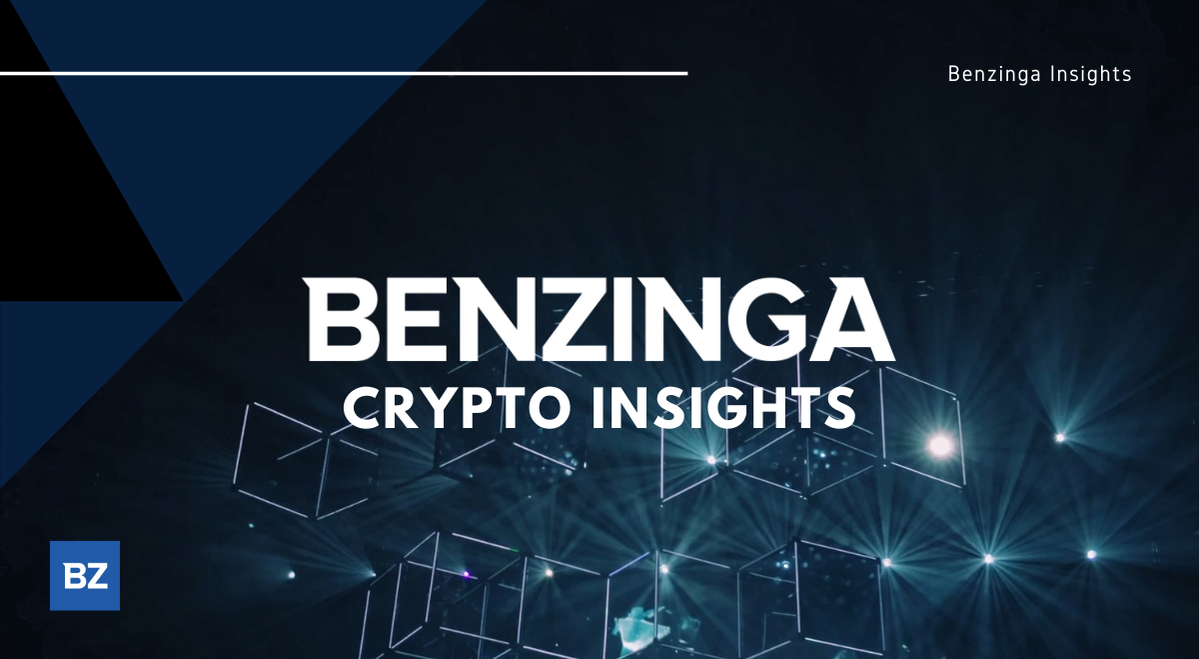Lido Staked Ether Decreases More Than 6% Within 24 hours Lido, Staked, Ether, Benzinga by https://www.benzinga.com/

AI Insights:
Simple Explanation:
A thing called Lido Staked Ether lost some value in the last day and week. It's a type of digital money that people can buy or sell. The price went down because fewer people wanted it, and more people were selling it. Read from source...
Critical Perspective:
- The article lacks a clear and concise introduction that provides background information on Lido Staked Ether, its purpose, and how it works. It does not explain what staked ether is or why it is important for the Ethereum network and ecosystem. This makes it hard for readers who are unfamiliar with the topic to understand the significance of the price movement and volatility.
- The article uses vague and misleading terms such as "negative trend" and "volatility". These words do not accurately describe the current state of Lido Staked Ether's market or the factors that influence its price. A more precise and objective language would be to use specific indicators, metrics, or events that can support the claims made in the article. For example, instead of saying "negative trend", the article could mention that Lido Staked Ether has fallen below its 50-day moving average, a widely used technical analysis tool that signals a possible downtrend. Similarly, instead of saying "volatility", the article could refer to the Bollinger Bands, which are standard deviation bands that measure the degree of price fluctuations over time.
- The article compares Lido Staked Ether's price movement and volatility with those of Bitcoin or other major cryptocurrencies, but does not provide any data or context to support this comparison. This makes it seem like the author is trying to sensationalize the performance of Lido Staked Ether by implying that it is worse than or similar to other assets in the market. However, without comparing Lido Staked Ether with relevant benchmarks or peers, such as other staking services or tokens, the comparison lacks meaning and credibility.
- The article does not provide any analysis or insights on why Lido Staked Ether's price has fallen over the past week or what factors have contributed to its decline. It only states the percentage of loss without explaining the causes or consequences of it. This leaves readers with a vague and incomplete understanding of the situation and does not help them make informed decisions about whether to buy, sell, or hold Lido Staked Ether.
- The article focuses too much on the short-term price movements and volatility of Lido Staked Ether, while ignoring its long-term prospects and potential. It does not mention any fundamental or technical factors that could support a positive outlook for Lido Staked Ether in the future, such as the growth of the Ethereum network, the demand for staking services, the development of new products or features, or the adoption by institutional or retail investors. It also does not acknowledge any risks or challenges that could threaten the value and viability of Lido Staked Ether,
Investment Analysis:
We are not financial advisors. It's always essential for you to consult with a financial advisor and do your research before making any decisions about investments.
1. Lido Staked Ether (LIDO) is a cryptocurrency that represents staked ether held in the Lido protocol. It allows users to earn interest on their staked ether without having to run a validator node themselves. Lido also supports other staking services, such as Polkadot (DOT), Cosmos (ATOM), and Kusama (KSM).
2. The main reason for the recent decline in LIDO's price is the overall bearish sentiment in the crypto market due to various factors, such as rising interest rates, regulatory uncertainty, and the collapse of several prominent cryptocurrency companies, such as Terra (LUNA) and Celsius Network.
3. However, there are also some positive aspects for LIDO's price prospects, such as the increasing demand for staking services, the upcoming Ethereum merge that will transition the network from proof-of-work to proof-of-stake, and the growing adoption of decentralized finance (DeFi) applications on Ethereum and other blockchain platforms.
4. Therefore, based on these factors, I recommend a moderate risk level for investing in LIDO at its current price, as it has both short-term and long-term potential, but also faces significant headwinds from the broader market conditions and regulatory scrutiny. Investors should also consider diversifying their portfolio with other cryptocurrencies and assets that are less correlated with LIDO's price movements, such as Bitcoin (BTC), Cardano (ADA), or gold (GLD).